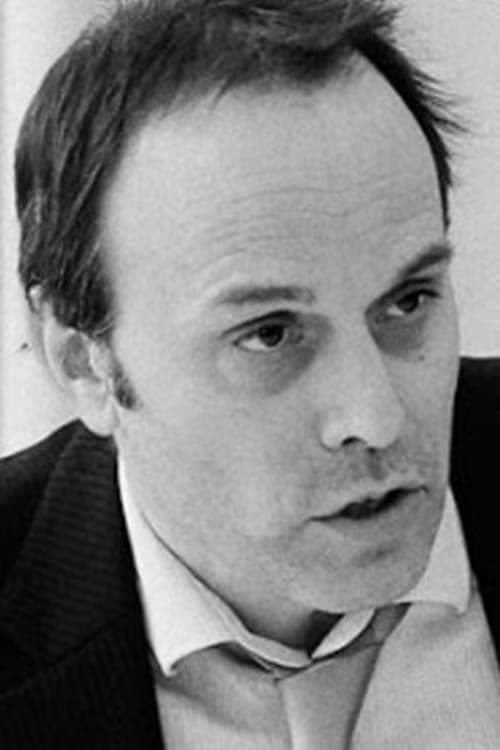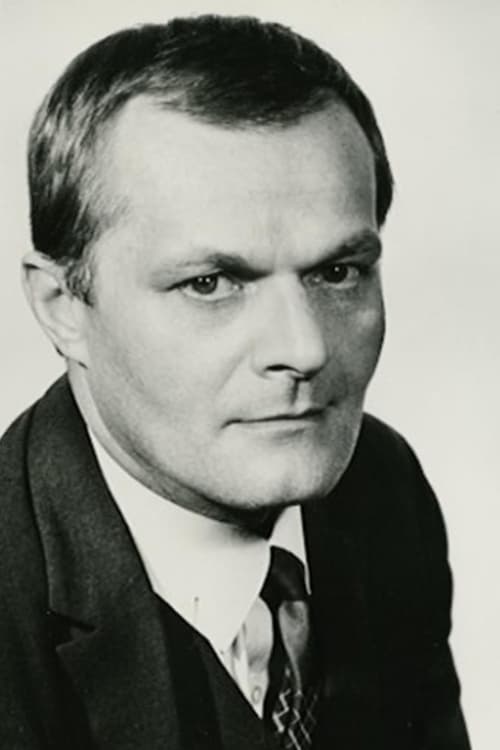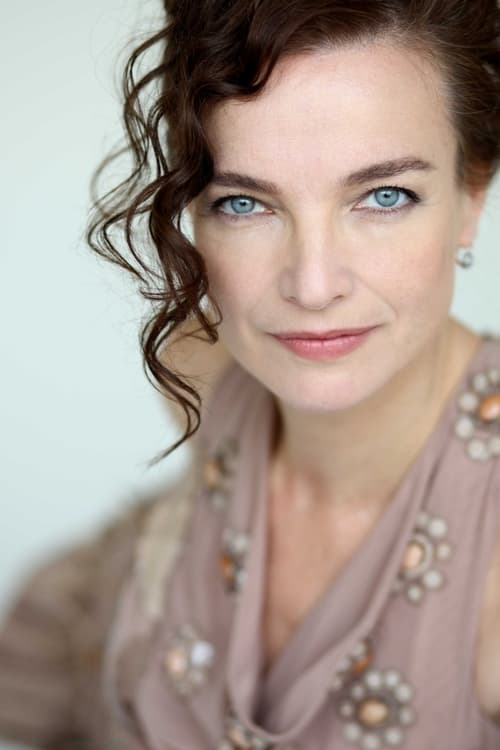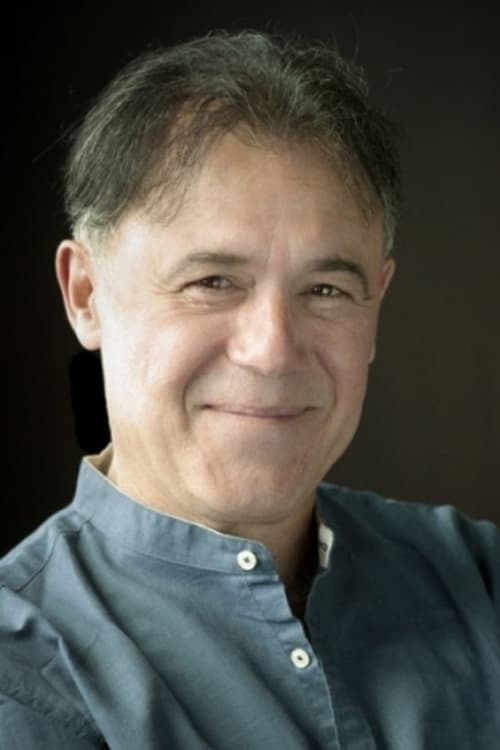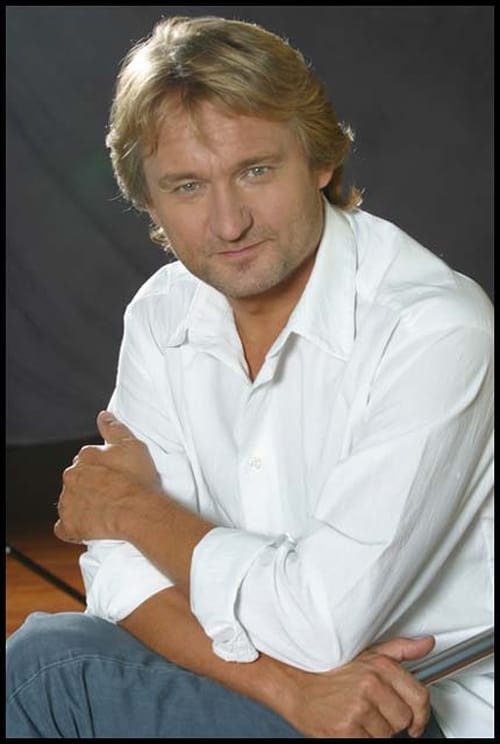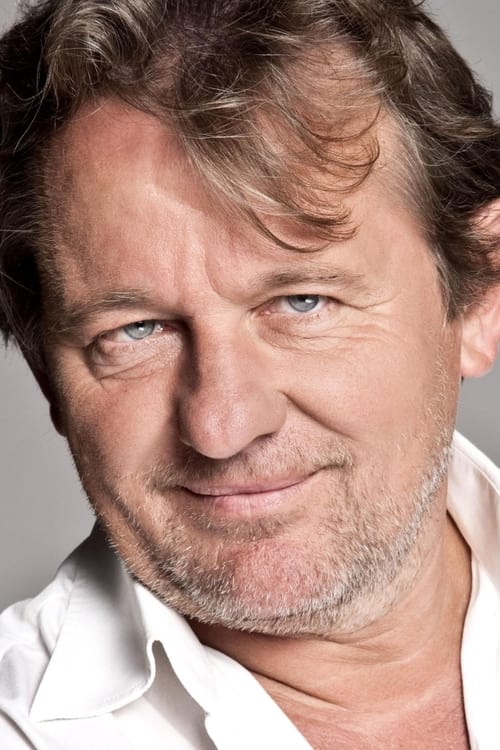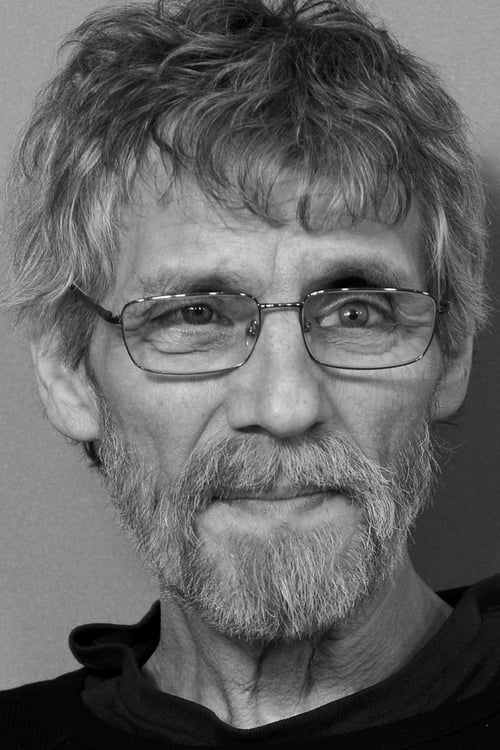The Bridgeman (2002)
Genre : Drama
Runtime : 2H 20M
Director : Géza Bereményi
Synopsis
This epic story takes place between 1820 and 1860 during the Habsburg Monarchy, and portrays the life one of the greatest Hungarian aristocrats - Count Széchenyi - who was born with extra-ordinary mental and spiritual talents. In the years following the fall of Napoleon the young count Széchenyi irresponsibly seduces his brother's wife, and the consequent scandal ruins his career as an army officer. After the sudden death of his humiliated lover Count Széchenyi drastically changes his character from that of a shallow young man into a responsible nobleman seeking to conquer his fate by creating great achievements in his remaining life.
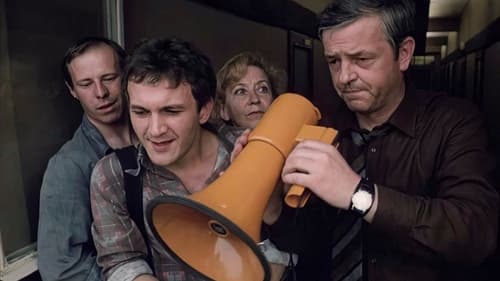
A dramatisation of the workers' protests in June 1976 in Radom, seen from the perspective of the local Secretary of the Polish United Workers' Party. [Produced in 1981, but not commercially released until 1996.]

Two angels, Damiel and Cassiel, glide through the streets of Berlin, observing the bustling population, providing invisible rays of hope to the distressed but never interacting with them. When Damiel falls in love with lonely trapeze artist Marion, the angel longs to experience life in the physical world, and finds -- with some words of wisdom from actor Peter Falk -- that it might be possible for him to take human form.
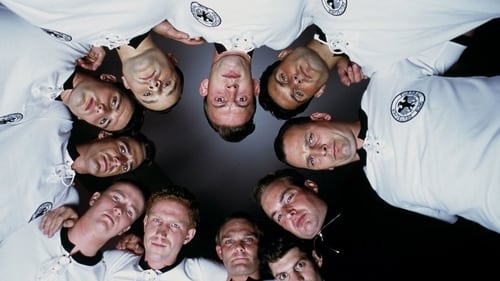
The movie deals with the championship-winning German soccer team of 1954. Its story is linked with two others: The family of a young boy is split due to the events in World War II, and the father returns from Russia after eleven years. The second story is about a reporter and his wife reporting from the tournament.
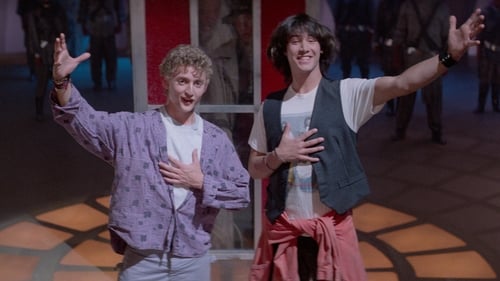
Bill and Ted are high school buddies starting a band. They are also about to fail their history class—which means Ted would be sent to military school—but receive help from Rufus, a traveller from a future where their band is the foundation for a perfect society. With the use of Rufus' time machine, Bill and Ted travel to various points in history, returning with important figures to help them complete their final history presentation.
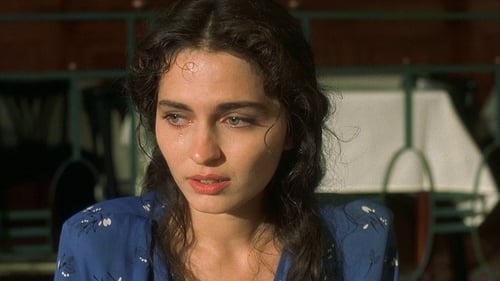
Budapest in the thirties. The restaurant owner Laszlo hires the pianist András to play in his restaurant. Both men fall in love with the beautiful waitress Ilona who inspires András to his only composition. His song of Gloomy Sunday is, at first, loved and then feared, for its melancholic melody triggers off a chain of suicides. The fragile balance of the erotic ménage à trois is sent off kilter when the German Hans goes and falls in love with Ilona as well.

A film about the Cuban Revolution told from three different perspectives.

The perilous catastrophes of one of history's most epic adventures - the lost voyage of Columbus. The thrilling stories of men like Hudson, Ribault and Bering who stopped at nothing to conquer an unknown land and its peoples. The 20-year journey of Marco Polo through China, India, the Middle East and Southeast Asia. An in-depth portrait of Lewis and Clark and their journey from Missouri to the Pacific Ocean. The riveting story of soldier, adventurer, explorer and the first Conquistador Ponce de Leon. A journey into the vast continent of Africa with Henry Stanley and David Livingstone. Take a ride along the greatest ships of the Old World and an expedition with John Wesley Powell into the last unknown territory of the U.S - the Grand Canyon. Join a team of explorers in the hunt for Magellan's lost fleet. Follow a team of historical detectives as they examine the raiding and plundering of the Vikings. And journey to the bottom of the earth to learn the frozen history of Antarctica.
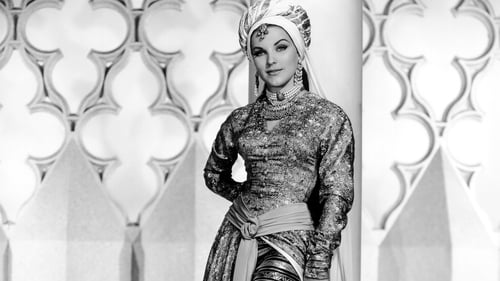
Omar Khayyam was one of the greatest Persian poets. He was also a brilliant mathematician. Though his quatrains were written in the 11th century, they are still popular the world over. The details of his life are unknown, so this movie invents a biography for him and includes in it his real achievements - the invention of a new calendar and the penning of those epigrammatic poems. This film has him romancing a sultan's bride and foiling the assassin sect's plot to kill the sultan's son.
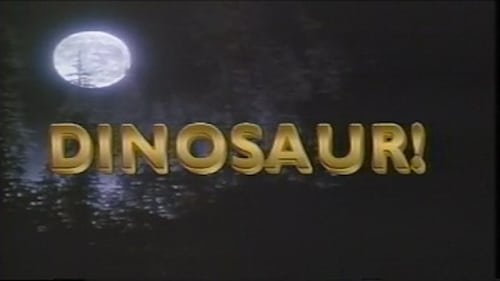
An entertaining documentary look at dinosaurs with Emmy Award-winning special effects, feature film clips and stills, commentary by leading paleontologists of the time, and an on camera as well as voice-over narrative by Christopher Reeve. Shot on location in Los Angeles and New York at the American Museum of Natural History

“Where We Danced” is the first in a three-part series that chronicles the evolution of American social dance. It tells the story of America’s dance through the lives of the dancers who shaped the art form as well as the places they danced. The story begins on the plantations where African and Western European culture collided to create America’s first truly indigenous social dance, the cakewalk. It continues through to 1930’s Harlem showing how dance helped shape popular culture in America and around the world. Over the decades dance has set trends in fashion and sexuality, giving the youth of the 20th century a voice to define itself from the rigidness of the Victorian era . It also gave African-Americans a means of expression when all others had been taken away.
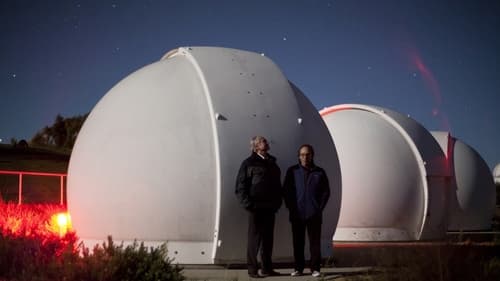
Scientists Richard Dawkins and Lawrence Krauss travel the globe promoting a scientific worldview and the rational questioning of religious belief.

Long before he played the corpulent Goldfinger, German actor Gert Froebe was a scarecrow-skinny comedian. In Berliner Ballade, Froebe makes his screen debut as Otto, a feckless Everyman who tries to adjust to the postwar travails of his defeated nation. Stymied by black-market profiteers and government bureaucrats, Otto begins fantasizing about a happier life at the end of that ever-elusive rainbow. Director R. A. Stemmle doesn't have to strive for pathos: he merely places his gangly star amidst the ruins of a bombed-out Berlin, and the point is made for him. Filmed in 1948, Berliner Ballade was later released in the U.S. as The Berliner.

In 1882 a country girl disappears from a small Hungarian village. The inhabitants suggest that she was murdered by the Jews. Everything is done to accuse them before the trial. A study in stubbornness, racism and intolerance and how to fight against it.

Barnstorming is the true story of an unexpected friendship that developed between a farm family and two pilots who literally dropped out of the sky. Their friendship has created a new tradition out of an old one long gone: barnstorming.

Cuba, 1961: 250,000 volunteers taught 700,000 people to read and write in one year. 100,000 of the teachers were under 18 years old. Over half were women. MAESTRA explores this story through the personal testimonies of the young women who went out to teach literacy in rural communities across the island - and found themselves deeply transformed in the process.
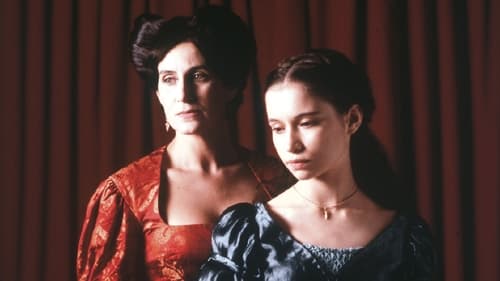
A historical classic drama in three acts, retold after an original prologue about dreams and nightmares of the thirteen-year-old noble heroine, Maria de Noronha.

Biopic of Louis Cyr, strongest man in the world at the end of the 19th Century.

When the Communist Party took over China in 1949, it engineered a massive propaganda effort to win over the people's hearts and minds. MAKING MAO revisits the people and events responsible for making Mao Zedong the star of this cultural phenomenon. It was an artistic yet brutal onslaught of images and slogans that lasted over 25 years and kept him in power. Yet while Mao was celebrated as a God by most, those who did not abide became victimes. Our story examines what created and perpetuated this mass hysteria, and revisits the art that would both shape and nearly destroy a nation.

A brief glimpse at public life in Berlin, 1936.



